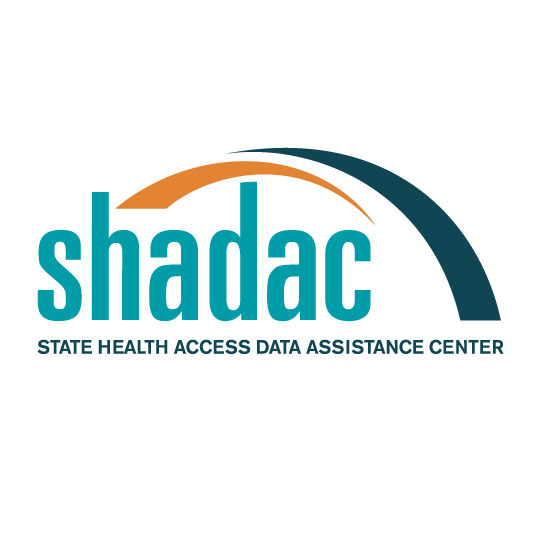Publication
October 13th Webinar - "From Telephone to Multi-mode Surveys: State Case Studies and Conversations"
Date: October 13, 2020
Time: 11:30 AM Central / 12:30 PM Eastern
For years response rates for random digit dial (RDD) telephone surveys have been falling and costs of conducting these surveys have been rising. With growing concerns about sample coverage and costs, many ongoing government, academic and commercial surveys are making the transition from reliance on RDD sample frames with interviewers collecting data only by telephone to address-based sample (ABS) frames with letters mailed to residents and data collected through multiple self-administered modes including web or paper surveys.
This panel documents how this transition unfolded for three states...
- California
- Massachusetts
- Minnesota
...with ongoing surveys used to document trends in health insurance coverage, access to and affordability of healthcare. State analysts and survey experts highlight their experiences, successes and challenges faced in this transition sharing lessons learned. We encourage a conversation among panelists and the audience concerning the rewards and challenges of transitioning from RDD telephone to ABS multi-mode surveys.
Moderator
 Dr. Kathleen Call, Faculty and SHADAC Investigator
Dr. Kathleen Call, Faculty and SHADAC Investigator
University of Minnesota School of Public Health
Panelists

Sarah Hagge, Research Scientist
Minnesota Department of Health

Todd Hughes, Director of the California Health Interview Survey (CHIS)
University of California Los Angeles

Zi Zhang, Director
Massachusetts Center for Health Information & Analysis
Slides from this webinar are also available to view and download. Please feel free to contact us at either astewart@umn.edu or shadac@umn.edu if you have any follow-up questions on the webinar content or would like to speak to a specific presenter regarding their portion of the presentation.









